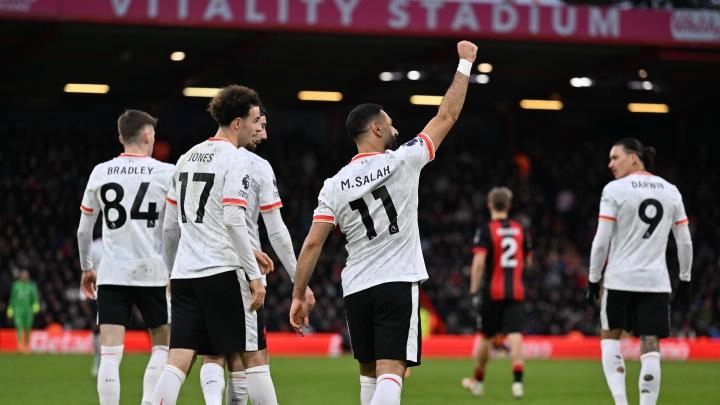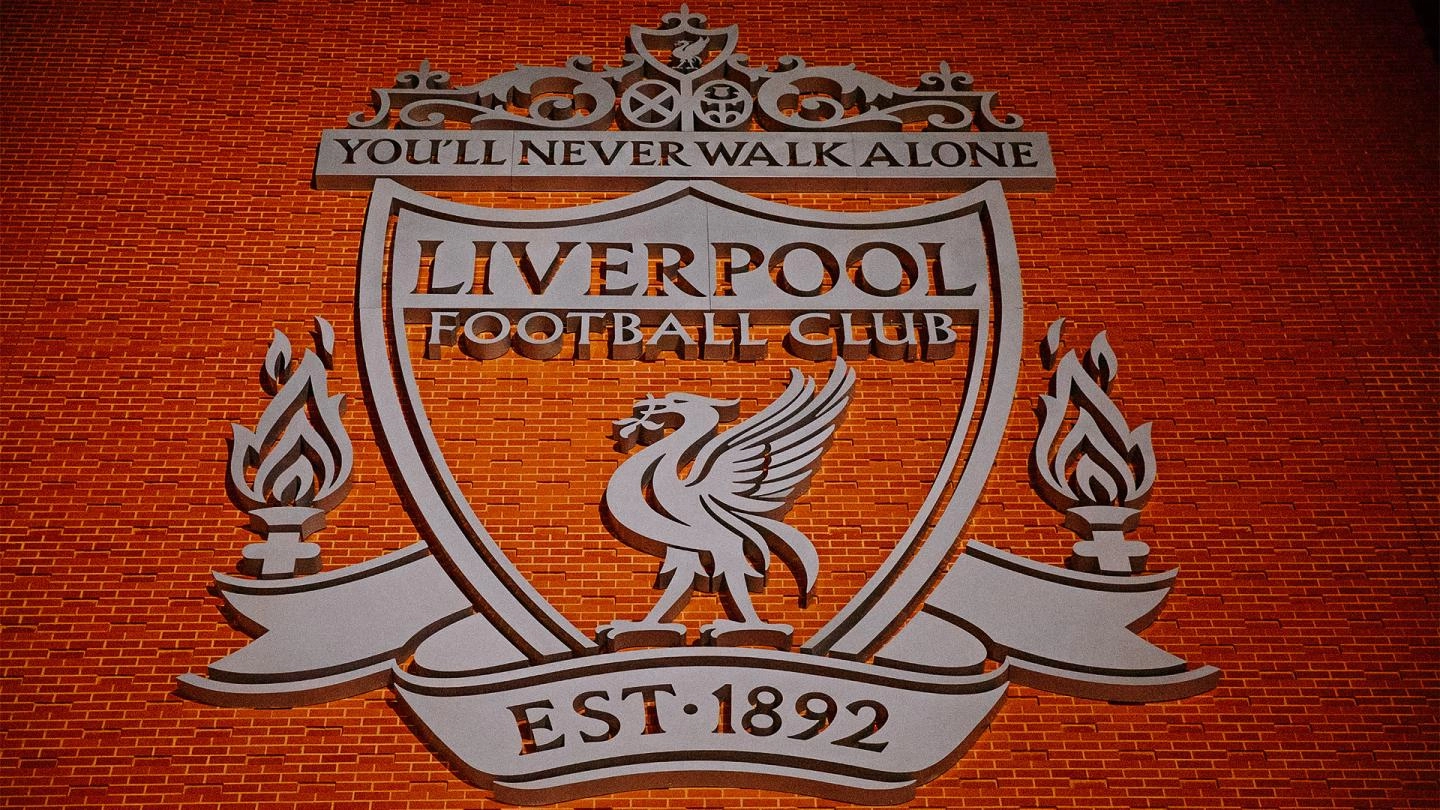Football, the so-called “beautiful game,” has the power to unite millions across the globe. For Liverpool FC, a club built on working-class roots and a community-driven ethos, it represents more than just sport—it’s about identity, belonging, and solidarity. Yet, every so often, the darker side of the game rears its head.
On Friday night at Anfield, as Liverpool opened their Premier League campaign against Bournemouth, allegations of racist abuse emerged from the stands. The club has since released a statement, acknowledging the incident and confirming that the matter is under active police investigation.
While the details remain scarce, the weight of such allegations cannot be ignored. Liverpool FC’s stance was swift, direct, and uncompromising: racism and discrimination of any kind have no place in football or society.
But what does this mean for Liverpool, for the Premier League, and for football as a whole? To truly understand, we need to explore the broader context—why such incidents still occur in 2025, what has been done so far, and what more needs to be done.
Liverpool’s Immediate Response: Zero Tolerance
The official club statement was clear:
“We condemn racism and discrimination in all forms, it has no place in society or football.”
The tone mirrors the wider values Liverpool has long stood for. Over the years, the Reds have been at the forefront of campaigns promoting equality, justice, and inclusion. From the club’s involvement in “Kick It Out” initiatives to visible support for the Premier League’s “No Room for Racism” campaign, Liverpool FC has built a reputation as one of the most socially responsible clubs in England.
By supporting the ongoing police investigation, Liverpool signals that they will not only condemn abuse but actively seek accountability. This is crucial. Condemnation alone is not enough—action must follow words.
A Recurring Issue in Modern Football
Unfortunately, allegations of racist abuse are not isolated incidents in English football. Despite increased awareness campaigns and tougher sanctions, discrimination continues to surface.
We’ve seen players subjected to vile abuse online after games. We’ve seen incidents in stadiums where chants or gestures crossed the line. Every time, the football community is reminded that while progress has been made, the problem is far from solved.
In recent seasons:
- Marcus Rashford, Bukayo Saka, and Jadon Sancho were victims of racial abuse following England’s Euro 2020 final loss.
- Vinícius Júnior in Spain has repeatedly faced racist abuse from sections of opposition fans.
- Premier League referees and officials have also reported discriminatory incidents.
The Anfield allegation, then, fits into a wider pattern. Football remains a reflection of society’s deeper issues.
Why Anfield’s Case Stings More

For Liverpool fans, this allegation hurts on multiple levels. Anfield is not just a stadium—it’s a fortress of solidarity. The club’s anthem, You’ll Never Walk Alone, is more than words; it’s a philosophy of collective support and humanity.
To hear that an incident of racist abuse may have taken place in this environment feels like a betrayal of those values. Liverpool’s fan base is famously diverse, global, and inclusive. The club prides itself on being a welcoming home for supporters from all backgrounds.
If proven true, this allegation would mark a painful reminder that no club, however progressive or community-oriented, is immune to such problems.
The Role of the Police and Investigations
With Merseyside Police now involved, the next steps are crucial. Investigations typically include:
- Reviewing CCTV and broadcast footage.
- Collecting witness statements from fans, stewards, and players.
- Identifying suspects and, if necessary, banning them from football grounds.
If an individual is found guilty, consequences may range from lifetime stadium bans to criminal prosecution under UK hate crime laws.
This dual-track approach—football bans and legal justice—sends a strong message that racism will not be tolerated, neither in stadiums nor in wider society.
Liverpool’s History of Standing Up Against Racism
Liverpool’s fight against racism is not new. Over the past decades, the club has:
- Partnered with anti-discrimination charities like Show Racism the Red Card.
- Regularly supported Kick It Out campaigns.
- Educated players, staff, and academy prospects on equality and inclusion.
- Worked with schools and community centers in Merseyside to raise awareness.
Players themselves have often taken leadership roles. Mohamed Salah has spoken openly about the positive role Muslims play in football, while Trent Alexander-Arnold has used his platform to push for opportunities for Black youth in sports.
The club’s women’s team has also stood strongly behind equality campaigns, showing the commitment goes beyond the men’s first team.
The Premier League’s Fight Against Discrimination
The wider context is just as important. The Premier League’s “No Room for Racism” campaign has become one of the most visible global sporting initiatives against discrimination.
Every season, we see captains wearing armbands, stadium banners, and players taking the knee before games to reinforce the message.
But critics argue that symbolic gestures are not enough. What fans want to see is consistent action:
- Swifter investigations
- Harsher punishments for offenders
- More robust filtering of online abuse
- Education campaigns that reach grassroots football
Liverpool’s incident reignites this debate. Are current measures enough to deter racist behavior, or do we need deeper structural change?
Online vs. Stadium Abuse
One thing that has shifted over the past decade is the rise of online abuse. Social media platforms like X (formerly Twitter), Instagram, and TikTok have become breeding grounds for racism. Anonymous accounts often hurl vile abuse at players after games.
But stadium incidents, like the one alleged at Anfield, feel different. They happen in real time, in front of thousands, with immediate emotional impact. The challenge here is visibility—such incidents are easier to identify, record, and punish.
This makes Anfield’s allegation particularly serious. It’s not a faceless tweet; it’s a physical act in the middle of a match.
What Should Happen Next?
- Full Transparency – Liverpool must continue updating fans once investigations conclude. Silence breeds mistrust.
- Accountability – If proven, the individual must face bans and legal consequences.
- Stronger Preventive Measures – More education campaigns in stadiums, with visible messages before and during games.
- Fan Responsibility – Supporters must step up and report abuse when they hear it. Combating racism cannot fall only on clubs and authorities—it’s a collective fight.
A Wider Reflection: Football as a Mirror of Society
Ultimately, football does not exist in isolation. Stadiums are filled with people who bring with them their cultural, political, and social biases.
If racism persists in society, it will appear in football. The responsibility of clubs like Liverpool, then, is not just to manage the issue within their grounds but to use their influence to push for broader social change.
With millions of followers worldwide, Liverpool FC’s message carries weight far beyond Merseyside. Their zero-tolerance stance sends a signal to fans in every corner of the globe.
The Emotional Impact on Players
While details of the incident remain unclear, it’s important to remember that racist abuse—directed at a player, a fan, or anyone present—has a human cost.
Players subjected to such abuse often describe feelings of isolation, anger, and disillusionment. Some even question their futures in football.
Clubs and teammates must rally around those affected, providing not just words of support but tangible mental health resources.
Hope for the Future
It can be easy to feel disheartened. Every time a new incident arises, there’s a sense of déjà vu. Didn’t we already deal with this? Didn’t we say “never again” the last time?
Yet, progress is real. Compared to 20 years ago, there is more awareness, more education, and stronger punishments in place. Fans are quicker to call out abuse, and clubs move swiftly to condemn it.
The challenge now is to ensure this momentum never fades.
Conclusion: A Defining Moment for Liverpool
The allegation of racist abuse at Anfield is not just a matter for police or the Premier League—it’s a moment of reckoning for everyone connected to Liverpool FC.
The club’s swift condemnation sets the tone. Now, fans, authorities, and football’s governing bodies must follow through. Words must lead to action.
Racism has no place in football. And as Liverpool’s anthem reminds us, true solidarity means no one should ever walk alone—not in the fight against discrimination, not in football, not in life.
🔴Find the Latest News on Player Ratings | Transfers | Prematch | Postmatch
Thank you for your continued support, and let’s cheer Liverpool on to success in the upcoming match. Your thoughts are always welcome in the comments section. For further insights, you may explore the official Liverpool FC website by clicking here.
YNWA (You’ll Never Walk Alone)!
The Liverpool FC Times Team
LiverpoolFCTimes.com
